BAYOU Bridges
What is BAYOU Bridges?
Behavioral and Mental Health for Adolescents and Young Adults with Opioid Use and Other Stressors (BAYOU) Bridges is a culturally-informed curriculum aimed at training primary care residents in the prevention, identification, diagnosis, treatment, and referral of services for mental health and behavioral health conditions for pediatric, adolescent, young adult, and other groups with higher risk of or have experienced abuse, trauma, or mental health and/or substance use disorders (SUD), including those related to the effects of gun violence.

Clinical Rotations
Child and Adolescent Psychiatry
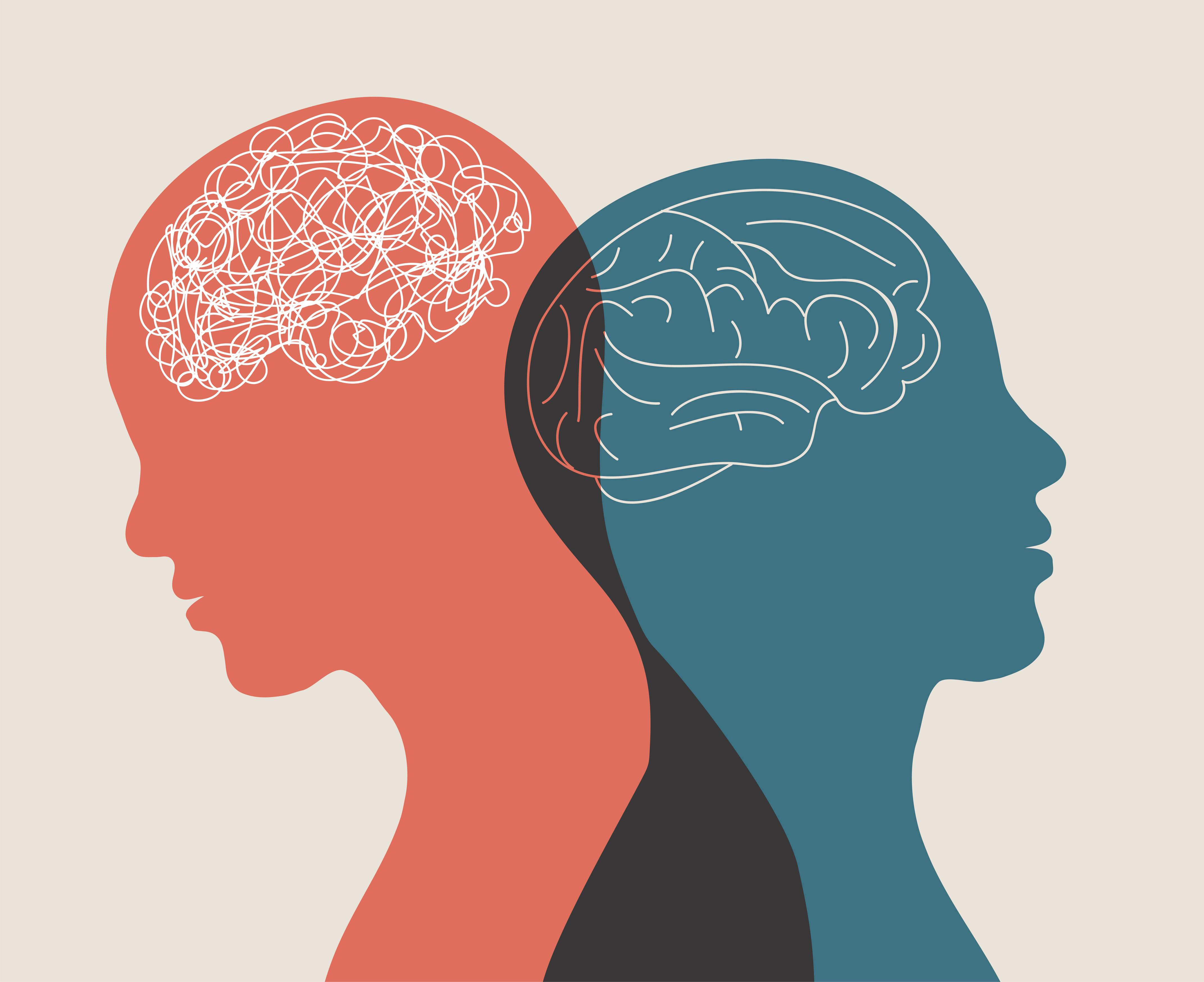
Gain valuable experience in assessment, diagnosis, and treatment of mental and behavioral health conditions commonly encountered in the primary care setting, including:
-
Anxiety
-
Depression
-
ADHD
-
Oppositional Defiant Disorder
-
Suicidal Ideation
Addiction Medicine
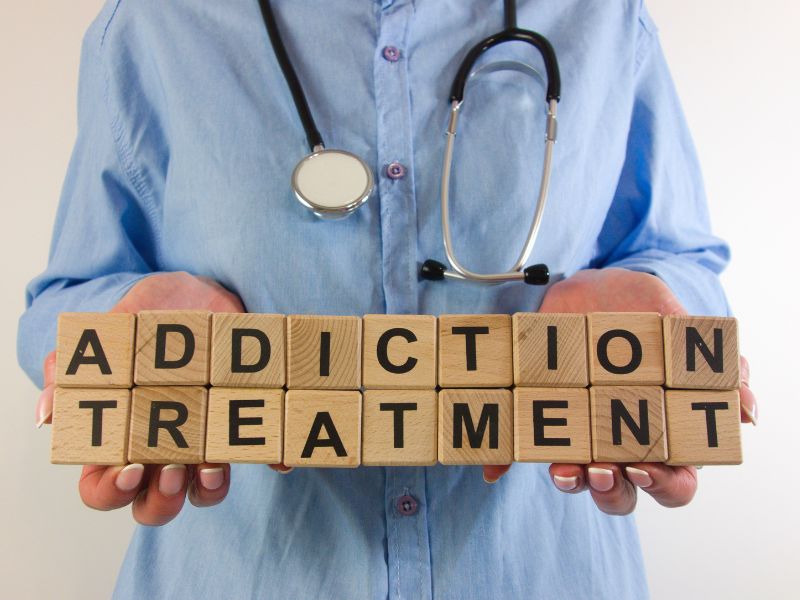
The Addiction Medicine component of the rotation provides residents a dynamic and immersive experience focused on understanding, diagnosing, and managing substance use disorders across diverse patient populations. Participants will learn to describe patterns and stages of use and abuse of various substances, will have the opportunity to prescribe Medication for Opioid Use Disorder (MOUD), and will learn to recognize the stages of behavioral change and practice motivational interviewing techniques.
Community

The Community component of the rotation aims to prepare residents to provide contextualized, empathetic, and trauma-informed care. Participants will participate in integrated mental and behavioral health care for at-risk adolescents, experience the provision of mental and behavioral health in the juvenile justice system, practice recognizing and referring patients with emerging several mental health disorders, and learn about strategies to promote resilience in adolescents and young adults impacted by trauma.
Applications
The application period for our program is now open!
Workshops
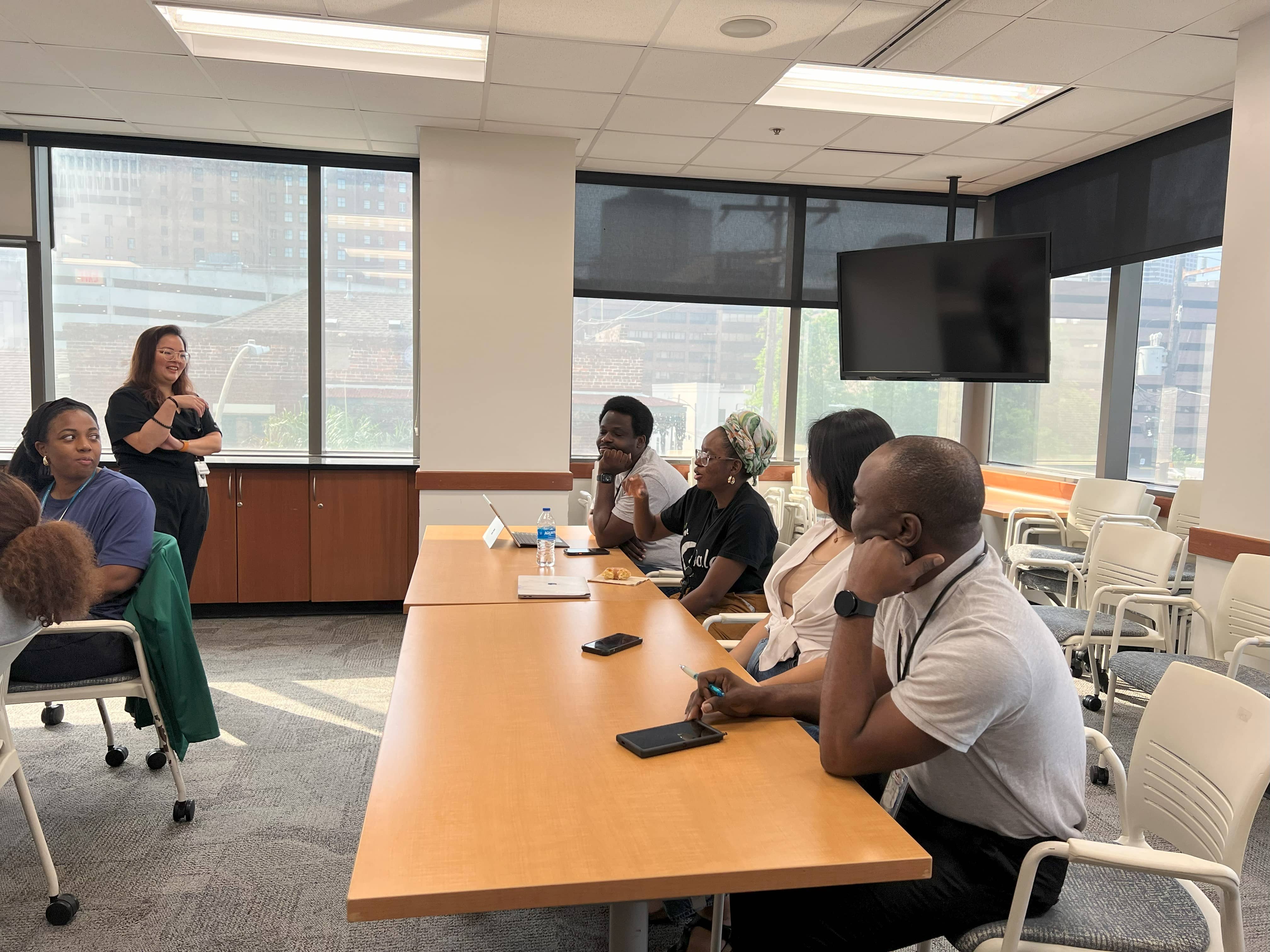
Implicit Bias Workshop
Learn practical strategies to mitigate bias in patient care, communication, and teamwork.
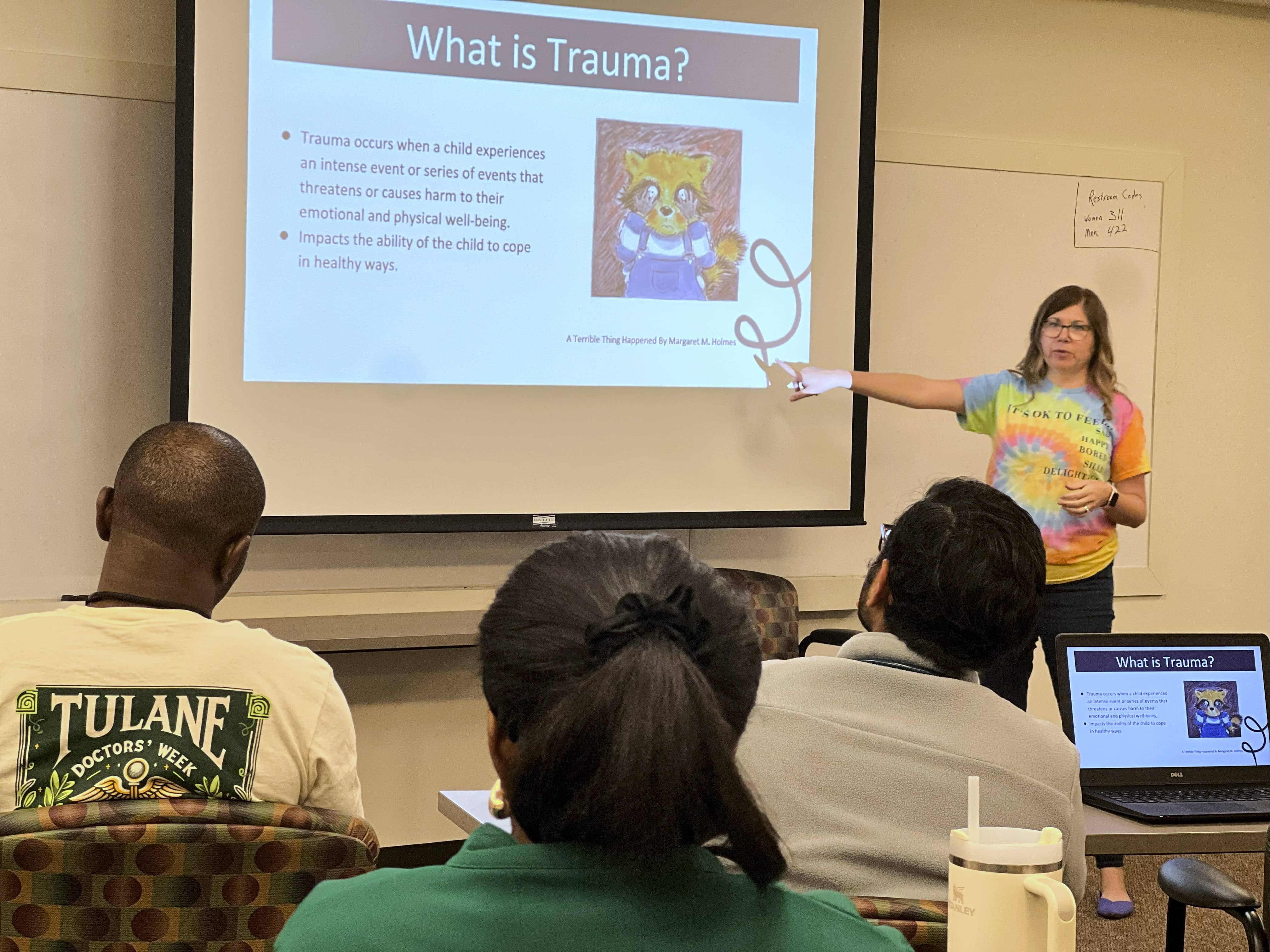
Trauma Informed Care
This workshop aims to enhance medical residents’ understanding of trauma, its impact on patients, and practical strategies for delivering trauma-informed care.
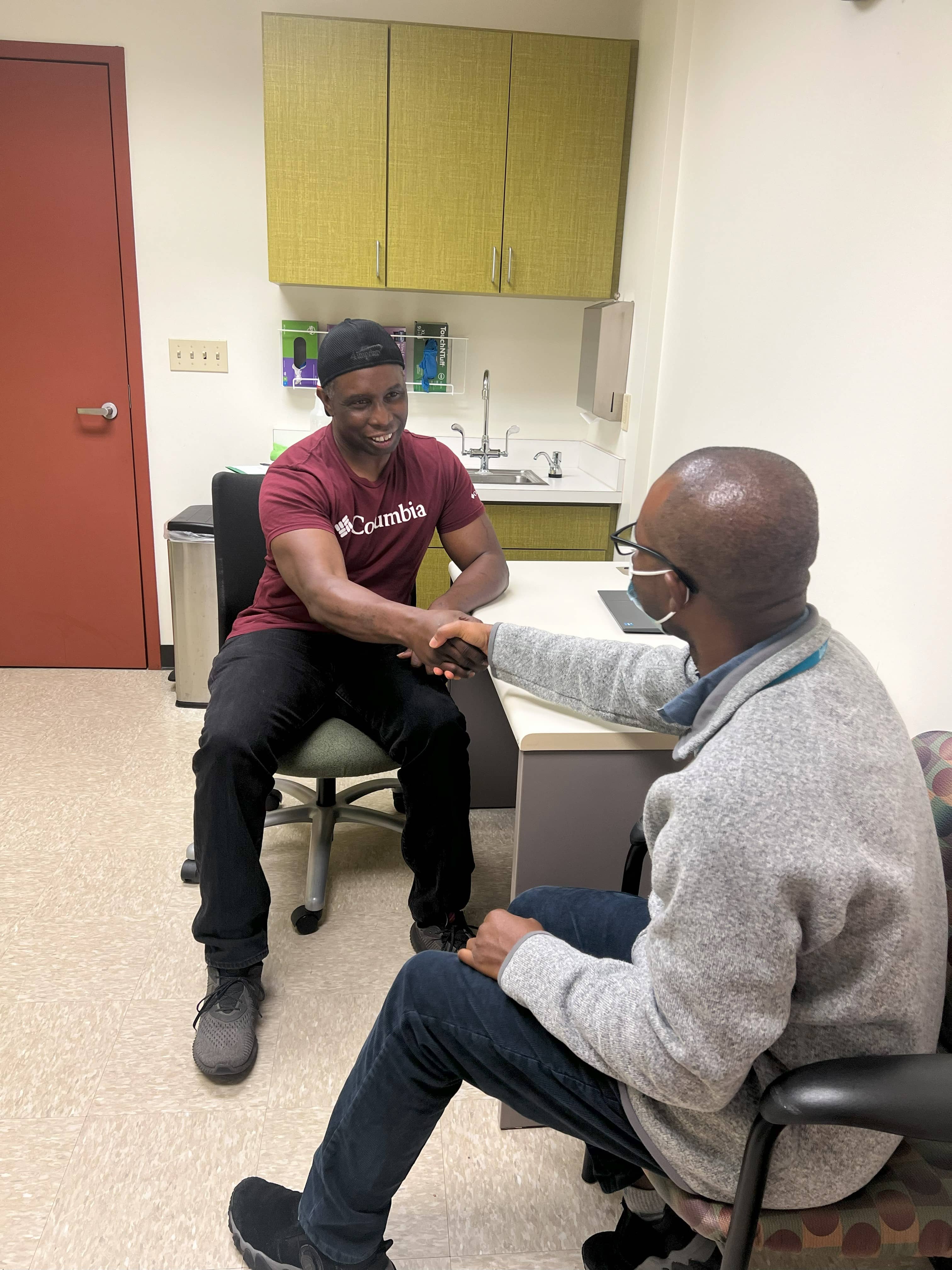
Standardized Patient Session
Emphasize the role of empathy, active listening, and nonjudgmental attitudes.
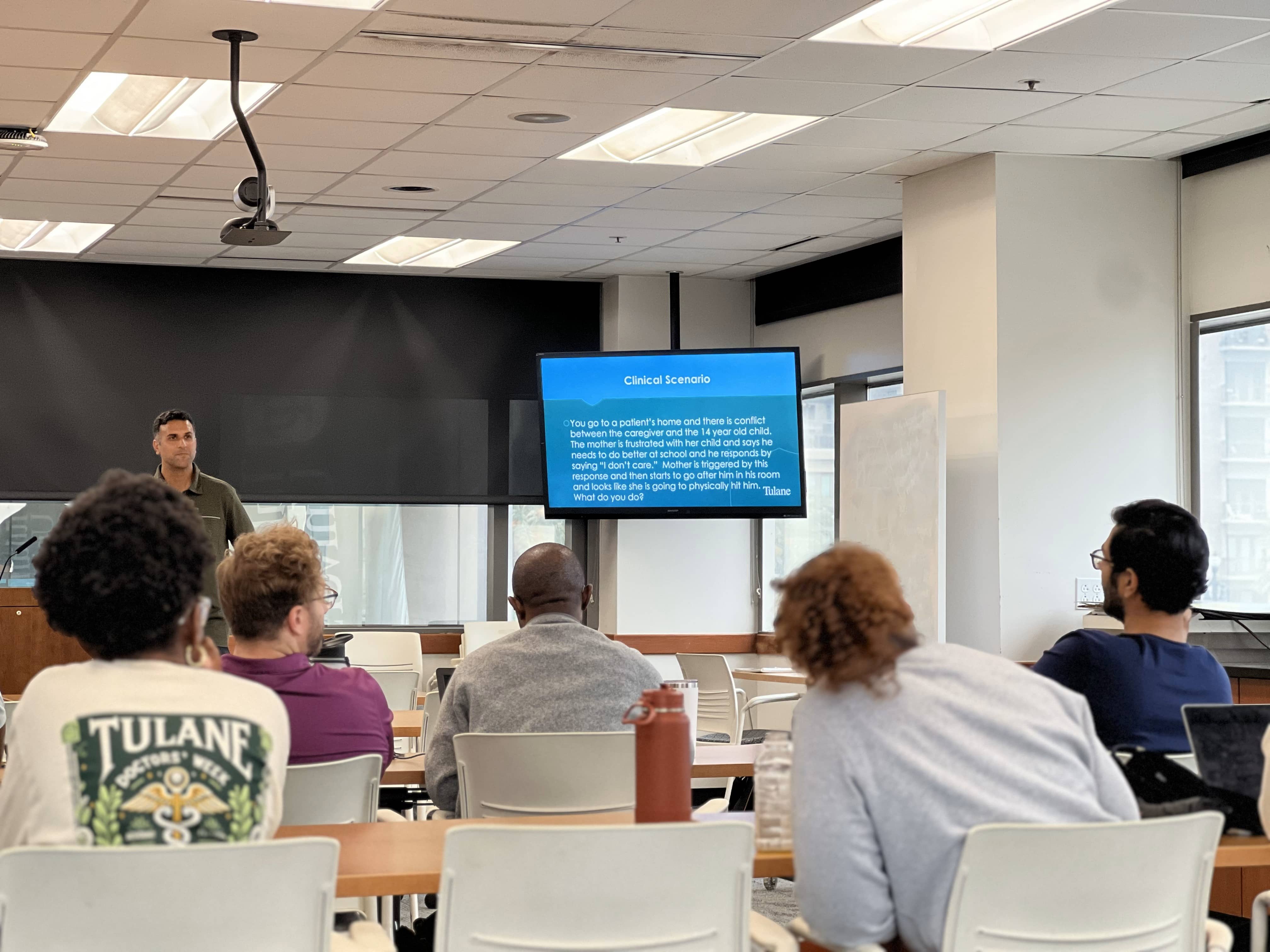
Home Visits Workshop
Discuss the unique challenges and opportunities of practicing medicine outside clinical settings
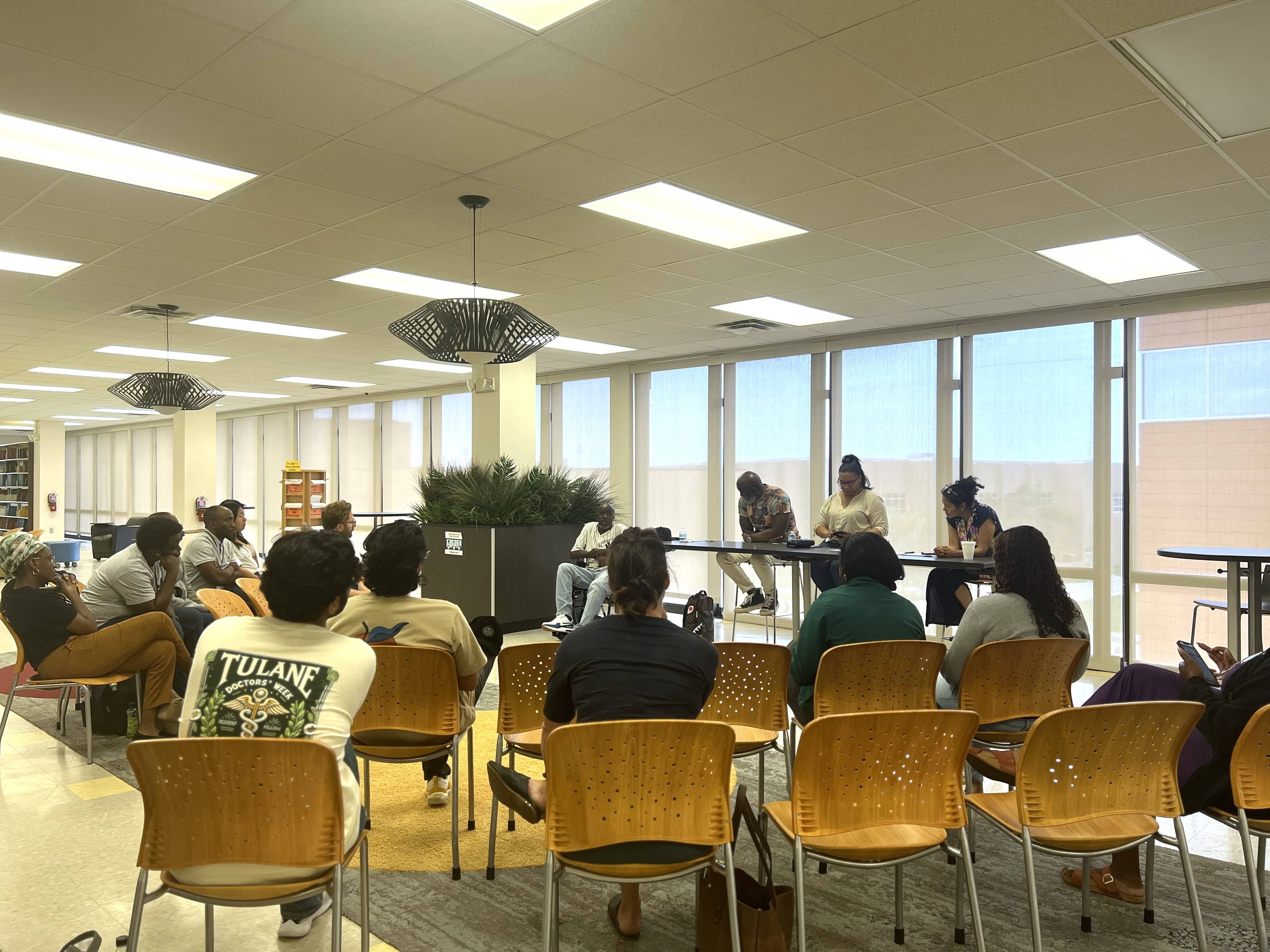
Formerly Incarcerated Patient Panel
Engage with individuals who have experienced incarceration. These panels aim to foster understanding, empathy, and awareness of the unique health needs and challenges faced by this population.
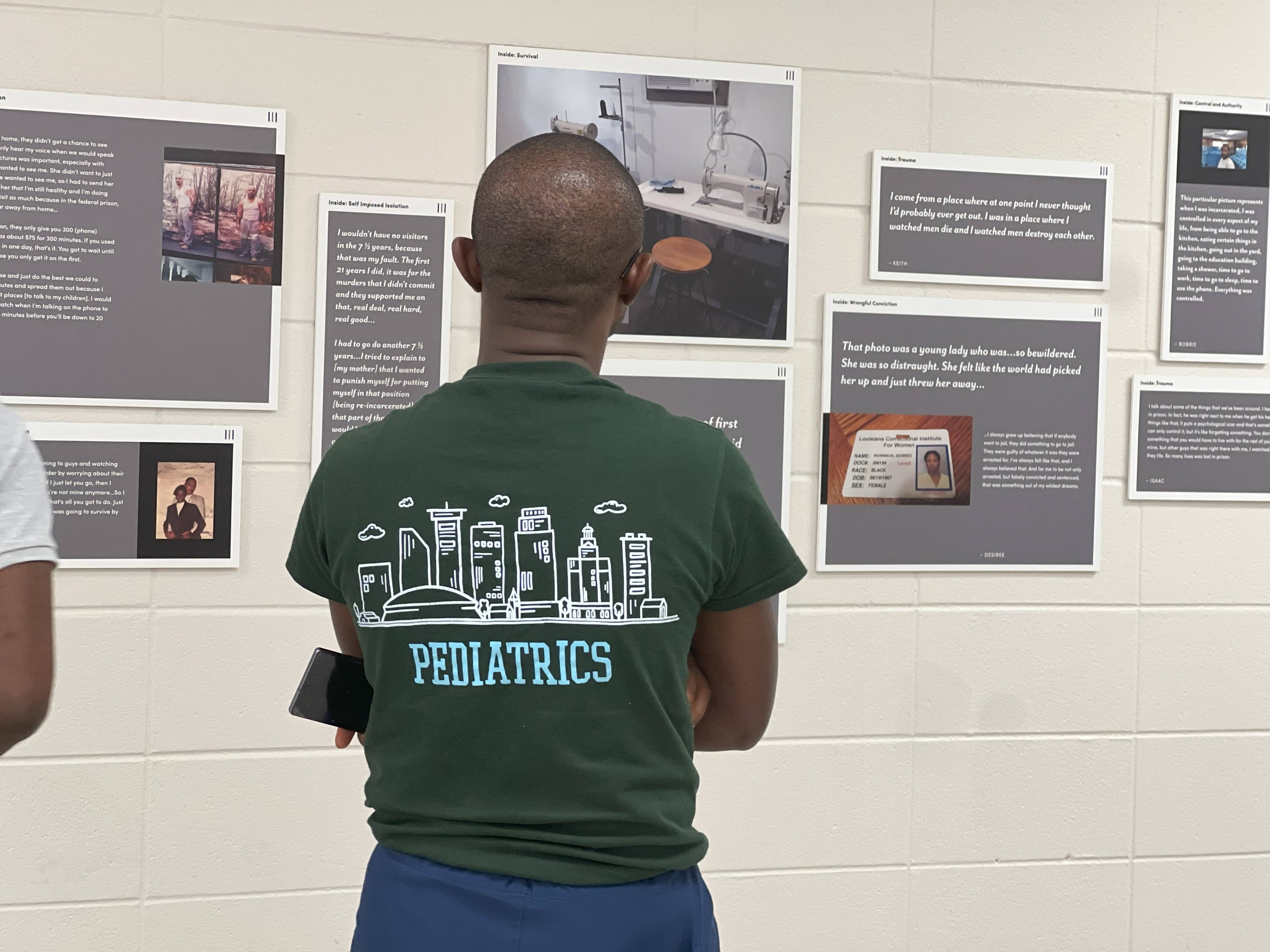
Formerly Incarcerated Patients Exhibition
Learn about the impact of incarceration on physical and mental health, social determinants, and barriers to care.
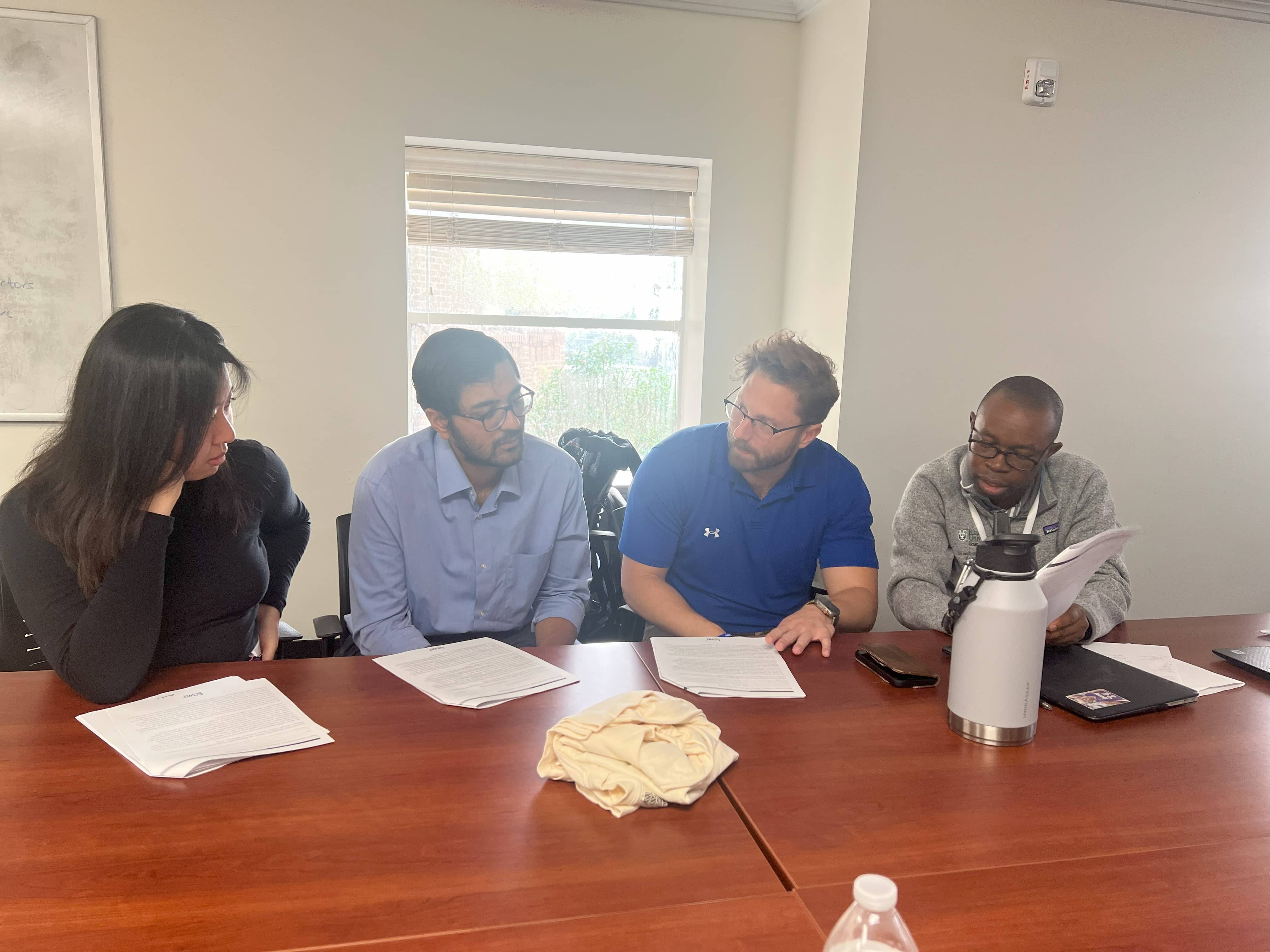
Structural Competency
Get the skills to recognize and respond to the impact of social, political, and economic factors on health.
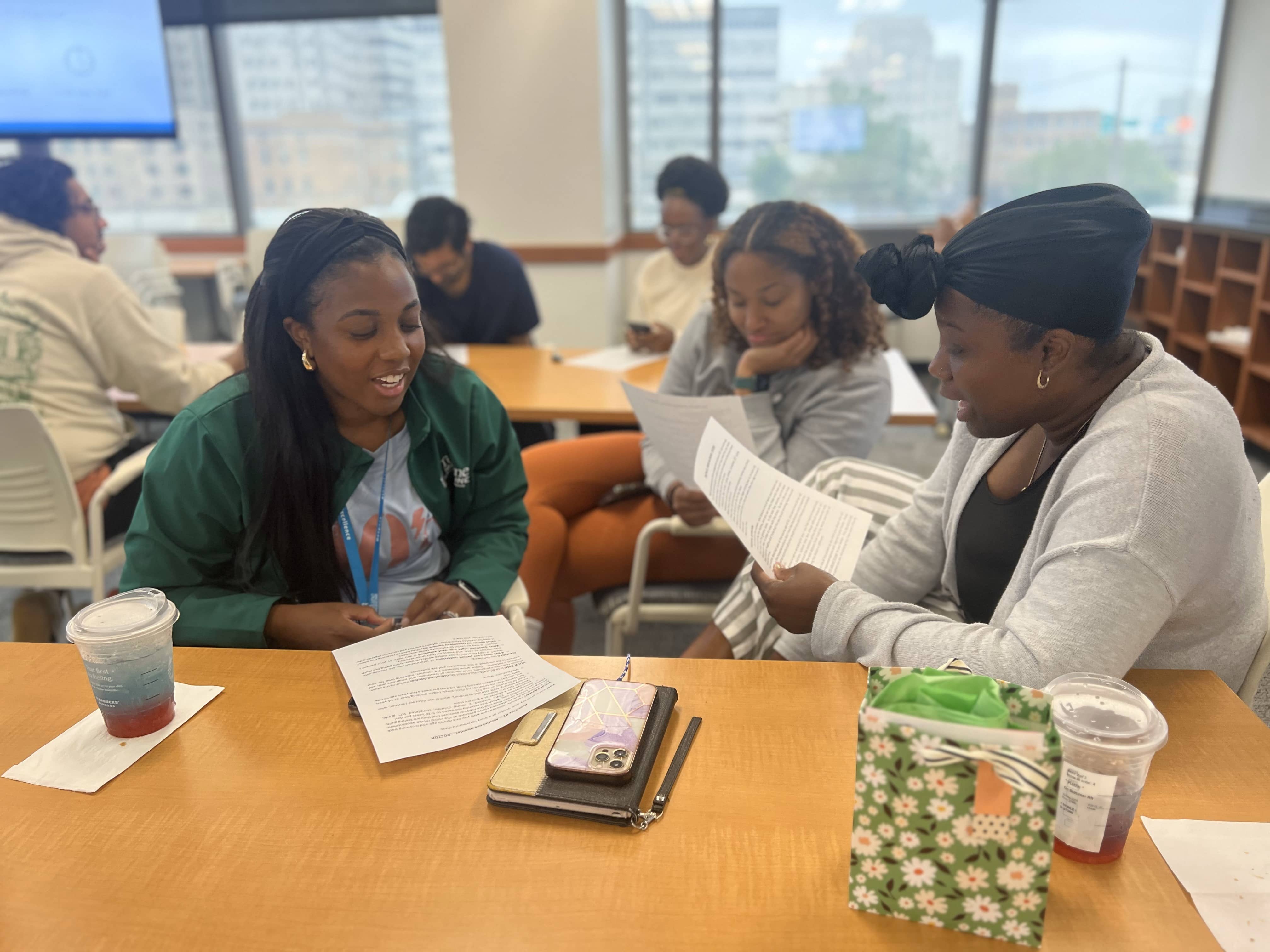
Shared Decision Making Workshop
Develop communication skills to facilitate shared decision-making and learn techniques to balance medical expertise with patient preferences.

Active Listening Workshop
Practice techniques to improve active listening and patient engagement and learn how to navigate challenging conversations with empathy and clarity.




